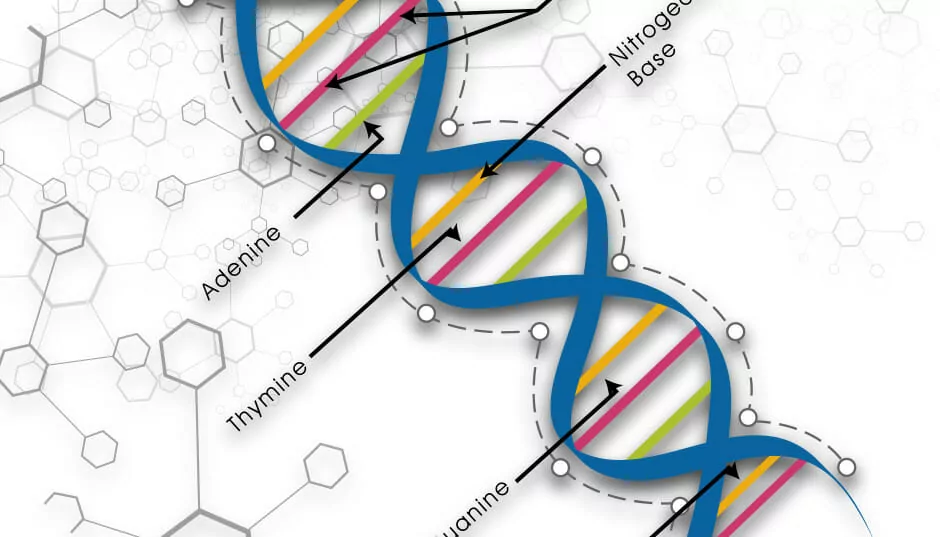“Corrupt DNA Testing Helped Send Innocent Person to Jail”
Allegations of rape, sexual assault, or child molestation can involve the collection of hair and fiber strands, DNA samples, and other extremely fragile pieces of evidence. If collected improperly or handled carelessly, samples can degrade or become tainted. The Commonwealth is required to follow certain rules when collecting and storing such evidence.
You may first think that the degradation of evidence would almost always favor a defendant in the long run, but this is not always true. Think, for example, of a case in which the government did not properly handle such evidence, and the evidence would have exonerated the defendant, but the evidence is so degraded that no expert can conclusively say it is not defendant’s DNA. There is no telling how a case “would have turned out” had a critical piece of evidence been admitted.
While it is true that the Commonwealth always has the burden of proof to prove guilt beyond a reasonable doubt, this does not mean that defendants or their attorneys should ignore exculpatory evidence – evidence that tends to show innocence. If you have been charged with a crime in Virginia, call your local Virginia Beach and Criminal Defense Attorney for an analysis of the government’s case against you.
In recent years, articles of evidence initially thought to serve a prosecutor’s case as the “smoking gun” have been called into question and defeated in court by criminal defense attorneys. Hofstra Law Review article, Prosecutors and Corrupt Science, an acclaimed work, The Abuse of Scientific Evidence in Criminal Cases: The Need for Independent Crime Laboratories, noting that, “later valid DNA testing has in some cases revealed that prior corrupt DNA testing helped send an innocent person to jail.

